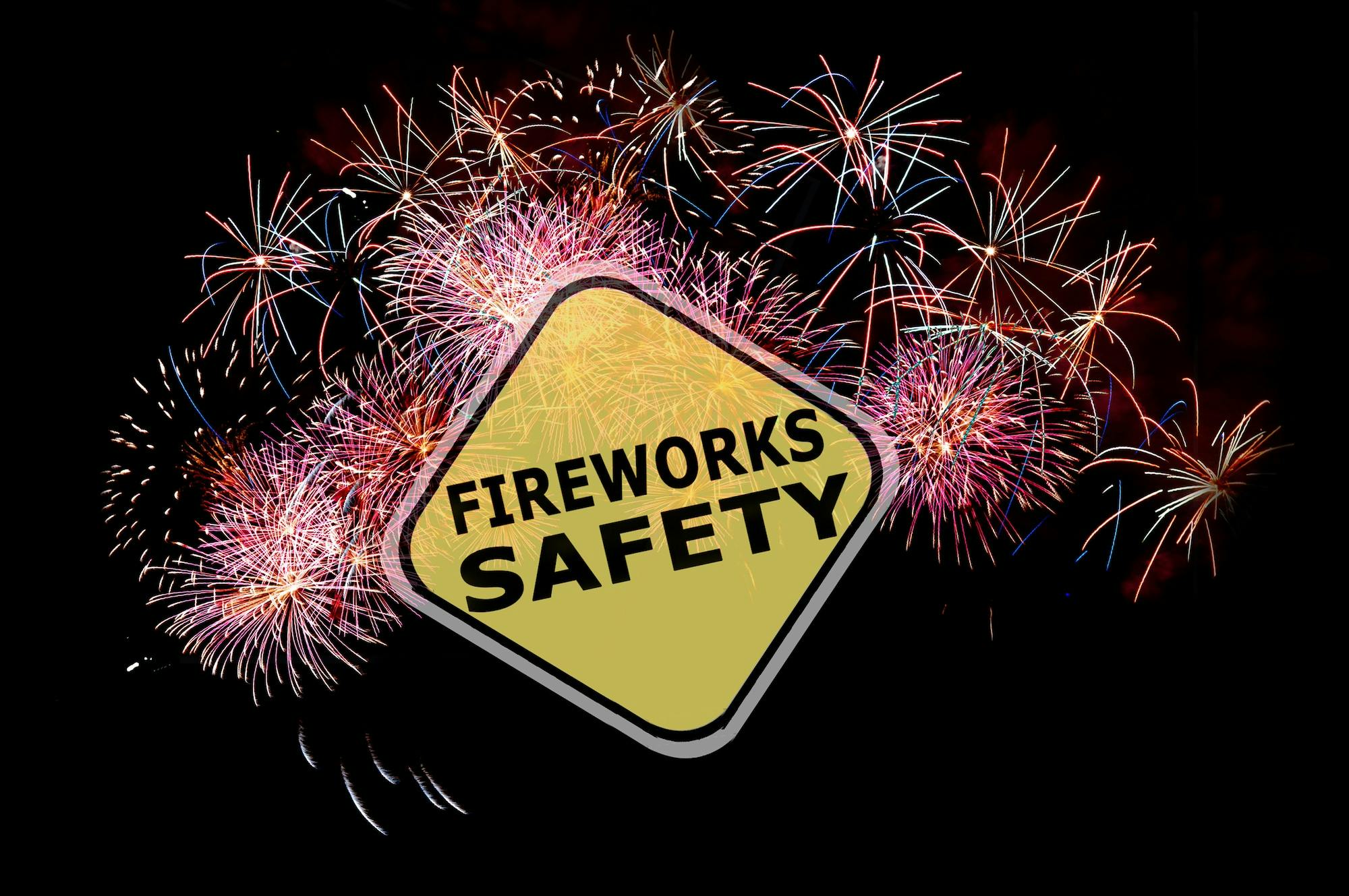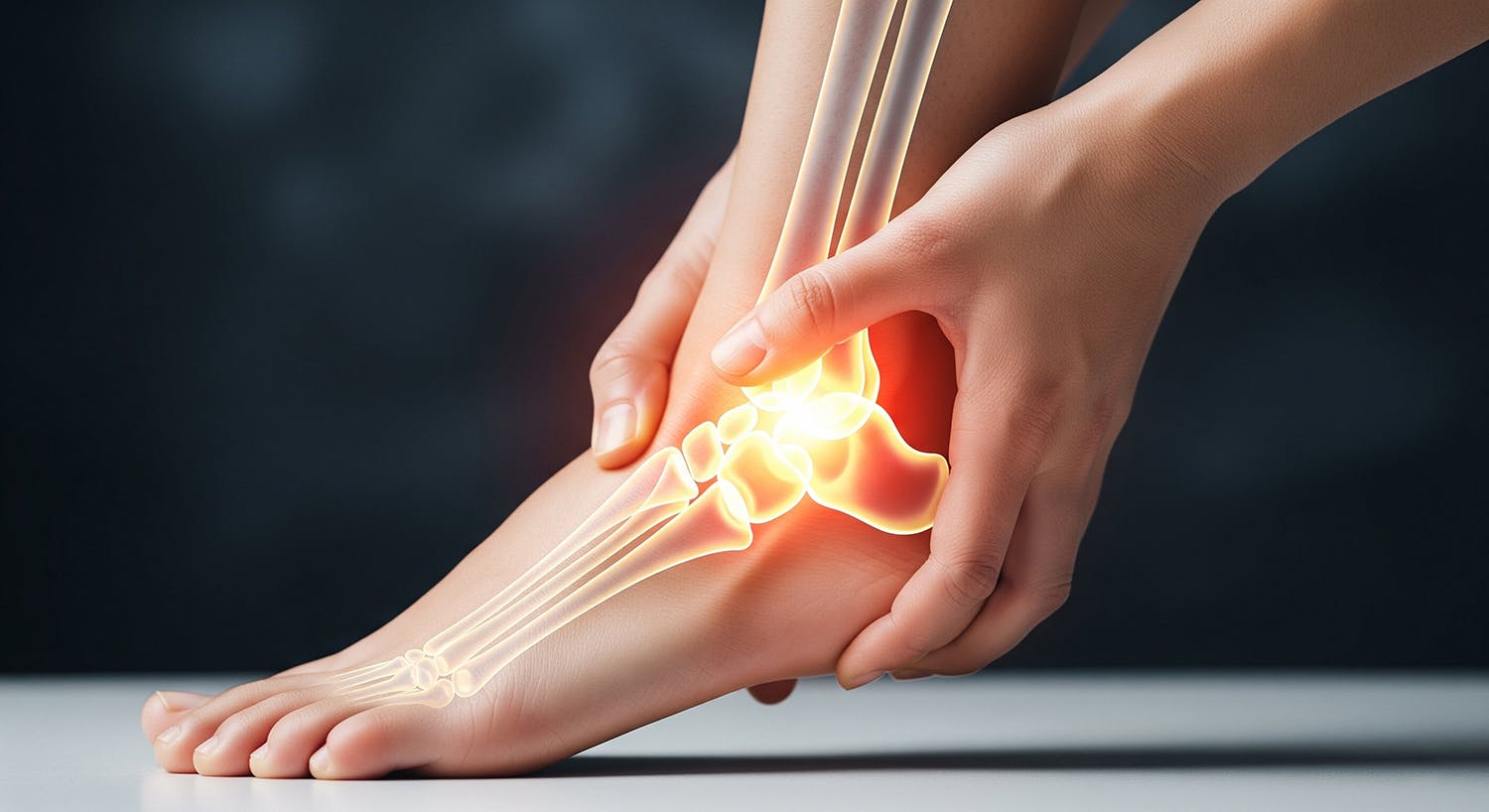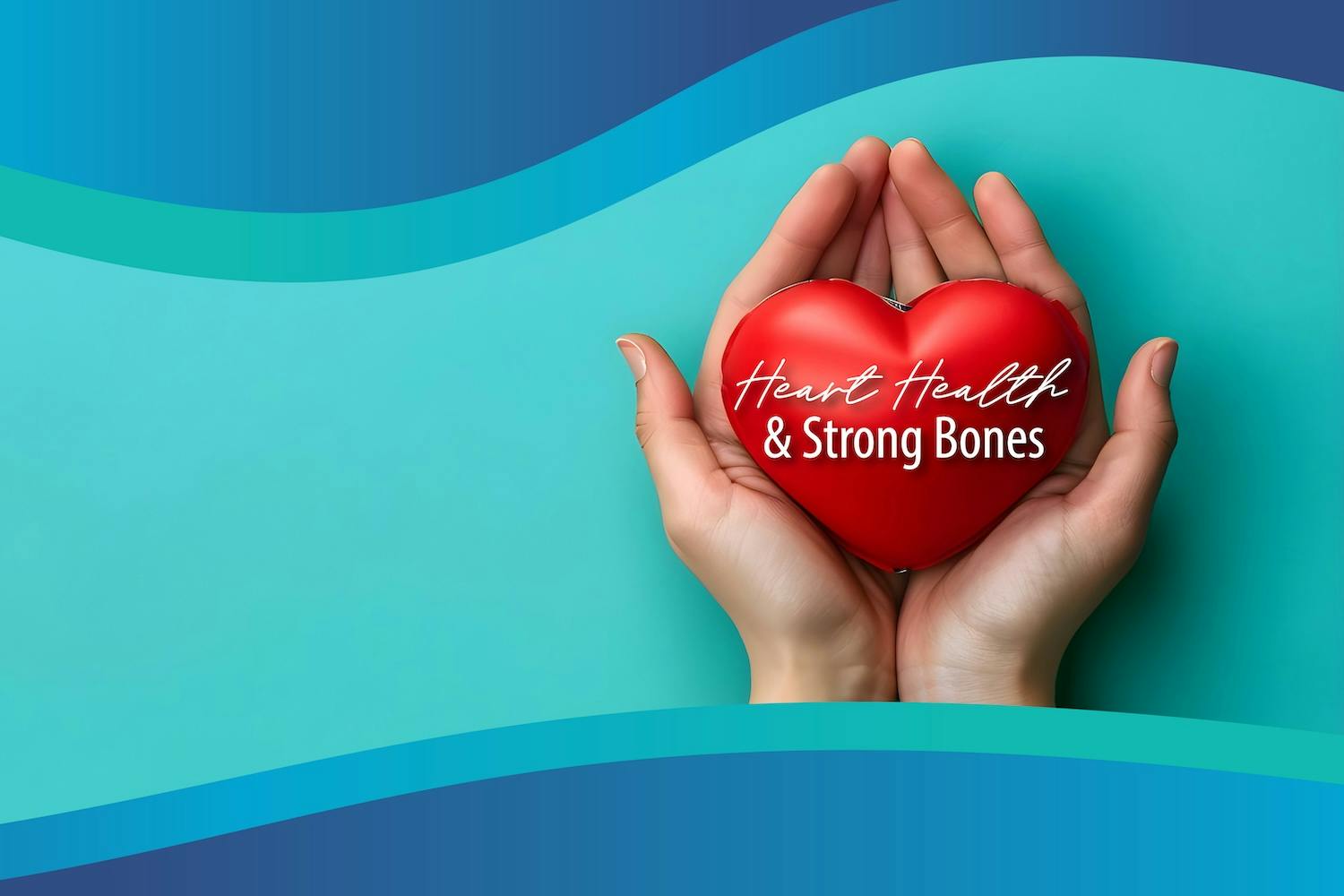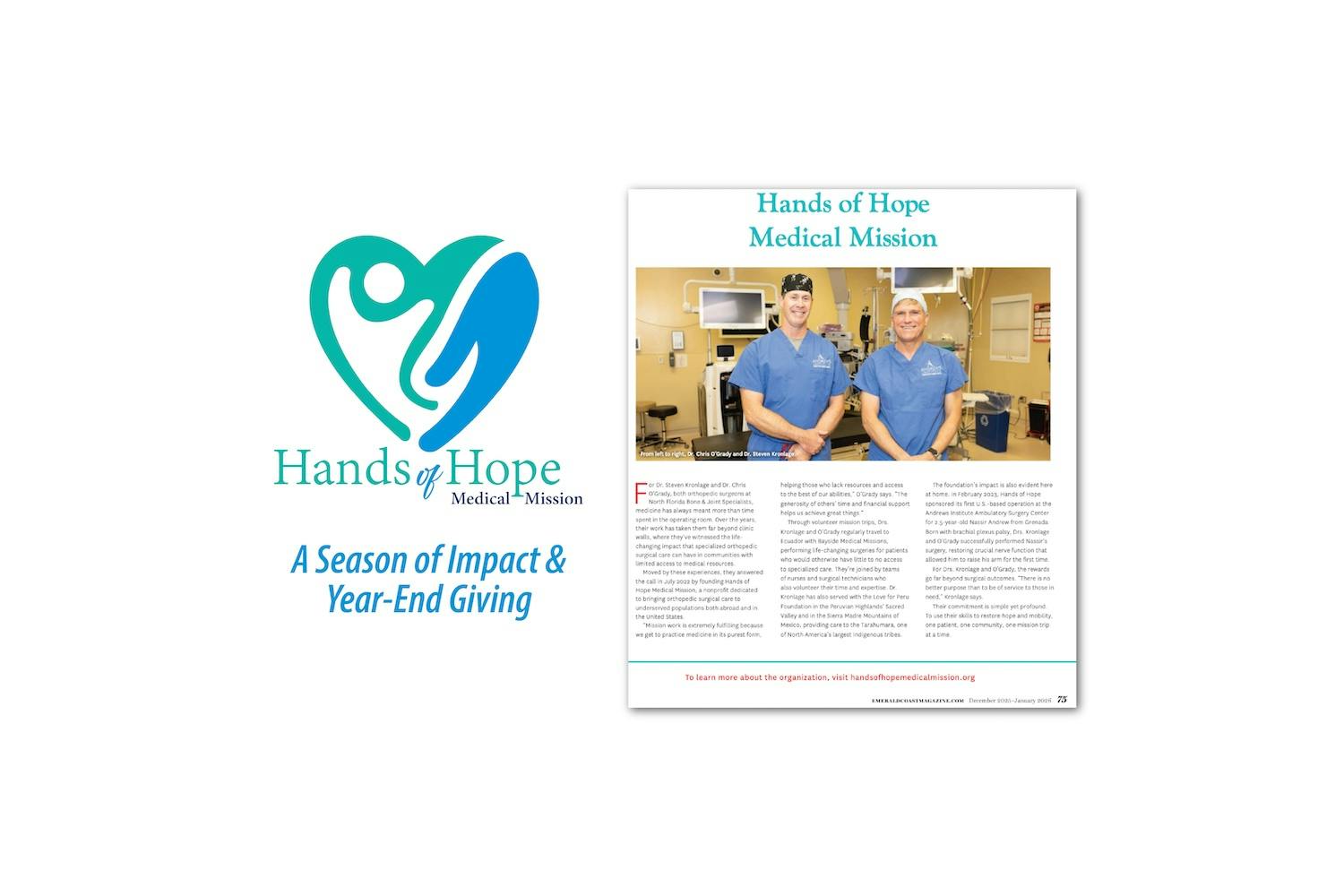- Blog
Fireworks Injury Prevention
Posted on 02-27-2026 in Hand, Hand Injury, Injury Prevention & Injury Care by Dr. Steven Kronlage, Dr. James Piorkowski, Dr. Alex Coleman

Posted on 02-27-2026 in Hand, Hand Injury, Injury Prevention & Injury Care by Dr. Steven Kronlage, Dr. James Piorkowski, Dr. Alex Coleman
While fireworks can be the highlight of your Fourth of July celebration, they pose significant risks, particularly to the hands and arms. In fact, according to the U.S. Consumer Product Safety Commission 2022 Fireworks Report, the hands and fingers account for 29% of the body parts injured, the highest percentage of any body part. The same report also indicated that 73% of all fireworks-related injuries occurred in the weeks leading up to and after the July 4th holiday. Understanding these dangers and taking preventive measures can help ensure your Independence Day remains fun and injury-free.
Fireworks are essentially controlled explosions, and mishandling them can lead to unintended and often severe injuries. Several factors contribute to their danger, including improper use or lighting and defective fireworks that explode prematurely or shoot in unexpected directions. Alcohol consumption is also a contributing factor, which can impair judgment and coordination, increasing the risk of accidents.
It is also important to remember that injuries related to fireworks can range from minor burns to severe trauma that requires surgical intervention. The consequences of these injuries, however, are not just physical. They can also be psychological, impacting a person's ability to perform daily tasks or overall quality of life. Common injuries include burns, lacerations, fractures and dislocations, and in severe cases, amputations.
Preventative Measures
Preventing fireworks-related injuries is crucial, and the American Society for Surgery of the Hand offers several important safety tips to protect yourself and others:
What to Do If an Injury Occurs
Despite taking precautions, accidents can still happen. First and foremost, put out any flames using the Stop, Drop & Roll method or smoother flames with a blanket. For minor injuries, rinse the area with clean, cool water and cover it with a clean cloth or bandage, applying pressure to stop bleeding.
More often than not, however, these injuries require immediate medical attention. For those with life-threatening injuries, call 911 or seek treatment at the nearest emergency department. For non-life or non-limb-threatening injuries, our fellowship-trained Orthopaedic Hand Surgeons, Dr. Alex Coleman, Dr. Steven Kronlage or Dr. James Piorkowski, are available for same- and next-day appointments. We also offer a free virtual urgent care service 24/7, 365 days a year.
Fireworks can bring excitement to celebrations, but the risks to your hands are real and potentially severe. By understanding these dangers and taking preventive measures, you can protect yourself and your loved ones. To reach us during normal business hours or schedule an appointment, call 850.807.4200 or visit our Urgent Care page to access our 24/7 virtual care service, Hurt!, via the app or the web. Our Online Appointment Request Form is also available to schedule non-urgent visits.
Watch the U.S. Consumer Product Safety Commission Celebrate Safely Video:

If you’ve ever sprained your ankle and thought, “this isn’t a big deal…it’s a minor injury,” you’re not alone. Ankle sprains are among the most common musculoskeletal injuries, especially in active adults and athletes. However, for some patients, what begins as a simple sprain becomes a frustrating cycle in which the ankle feels weak, unstable, and prone to “rolling” again and again. Understanding why this happens is the first step toward breaking the cycle and restoring long-term stability.

February is American Heart Month, a time to raise awareness about cardiovascular health and its far-reaching effects. While most people recognize the importance of heart health for longevity and disease prevention, fewer realize its critical role in musculoskeletal well-being. At North Florida Bone & Joint Specialists, we emphasize a comprehensive approach to orthopaedic care, recognizing that a strong heart supports strong bones and joints.

North Florida Bone & Joint Specialists is honored to share the Hands of Hope Medical Mission feature in the newly released December 2025/January 2026 issue of Emerald Coast Magazine. As part of the Medical Profiles section of this edition, the article highlights how two of our own, Dr. Steven Kronlage and Dr. Chris O'Grady, volunteer their time and talents to bring compassionate orthopaedic care to communities with limited access to medical services.